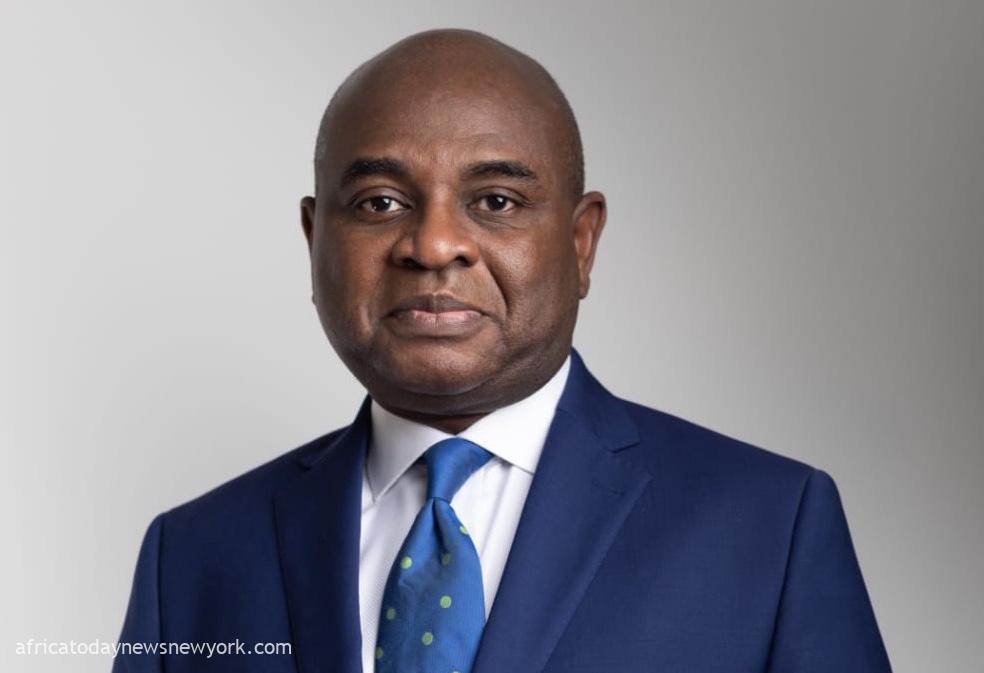Contrary to growing speculations, former deputy governor of the Central Bank of Nigeria, Kingsley Moghalu, brushed off the likelihood of the Naira hitting a ₦400-to-dollar benchmark, labelling it as wishful thinking.
Moghalu articulated this viewpoint in a statement attributed to his online persona on Sunday, stressing the significance of the exchange rate aligning with its actual market valuation.
Moghalu asserted that the Central Bank had fabricated an artificial scenario, which it endeavored to sustain to appease politically influential but economically uninformed individuals.
The economist reiterated that the artificial conditions allowed for substantial arbitrage by speculators, resulting in significant economic losses.
He proposed that the nation should prioritize the establishment of a value-added manufacturing export economy that generates foreign exchange beyond oil, in tangible and substantial terms, as soon as possible.
Moghalu said, “Those who want the Naira to be N400 to the $ are living in a dream world. Even discounting for the negative impact of speculative attacks on the value of the Naira, the exchange rate will (and should) reflect its market value in reality, not the artificiality that the central bank sought to maintain to please economic illiterates in political power at the time.
Read also: Tinubu Assures More Economic Interventions After Naira’s Rise
“That artificiality created room for massive arbitrage by speculators which bled the economy. Nigeria does not (yet) have a productive export economy. That’s the heart of the matter.
“And we do not have $100 billion in foreign reserves. So on what basis would the Naira forex rate return to some fantasy land soon? It will also take time to regain or achieve full investor confidence such as we had when we were there (and the rate was N150-165 to the $.
“The sooner we focus on a painstaking creation of value-added manufacturing export economy that earns forex beyond oil in real and significant terms, the better.
“Key to this is the electricity conundrum in which we are at less than 4,000 megawatts of generation for a population of 200 million for decades now.
He pointed out that even with an increase to 20,000 megawatts of power (without comparing to South Africa’s 50,000 for a population of 60 million or Brazil’s 181,000 megawatts for a slightly larger population than Nigeria), the entrepreneurial potential of Nigerians would become apparent.
“Take power to even 20K megawatts (let’s not talk of 50K for South Africa’s 60 million population or Brazil’s 181K megawatts for a population only slightly larger than Nigeria) and you will see what the Nigerian entrepreneurial spirit is capable of,” he said.

